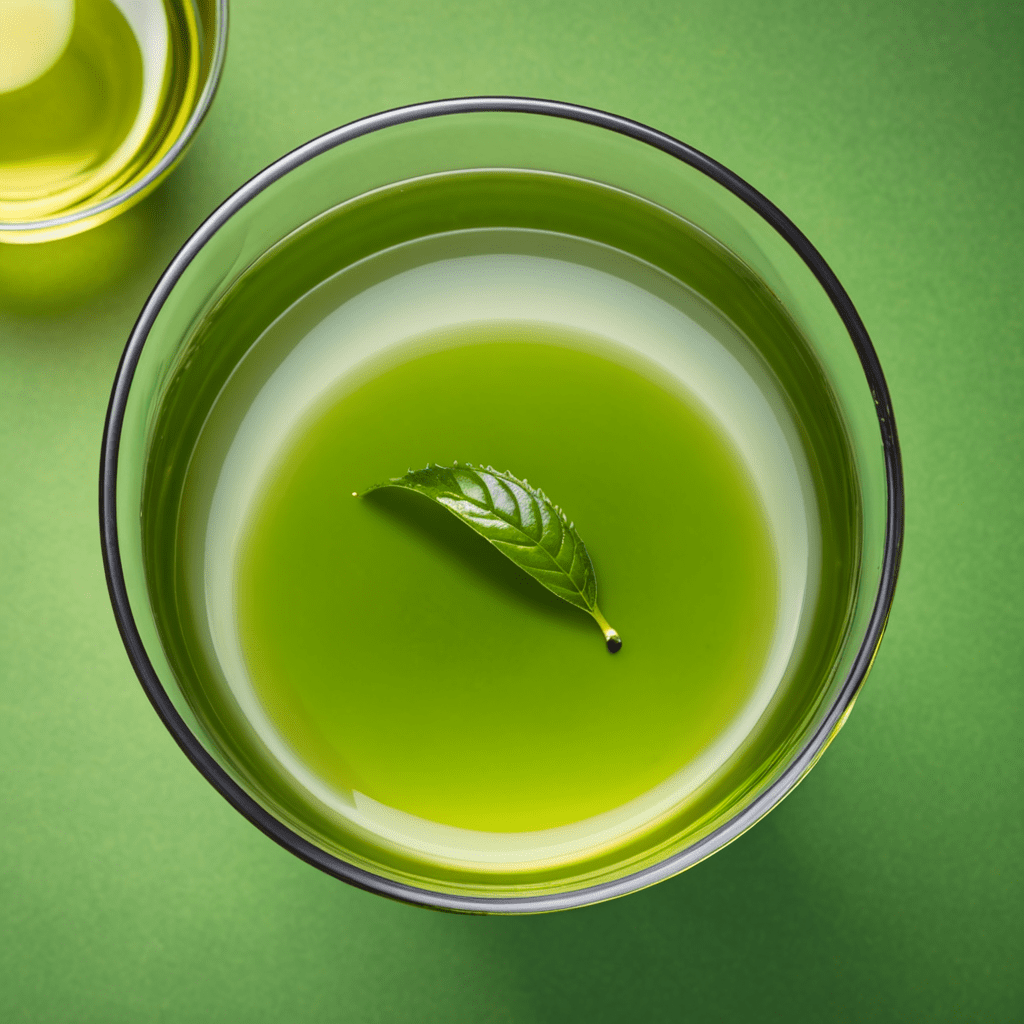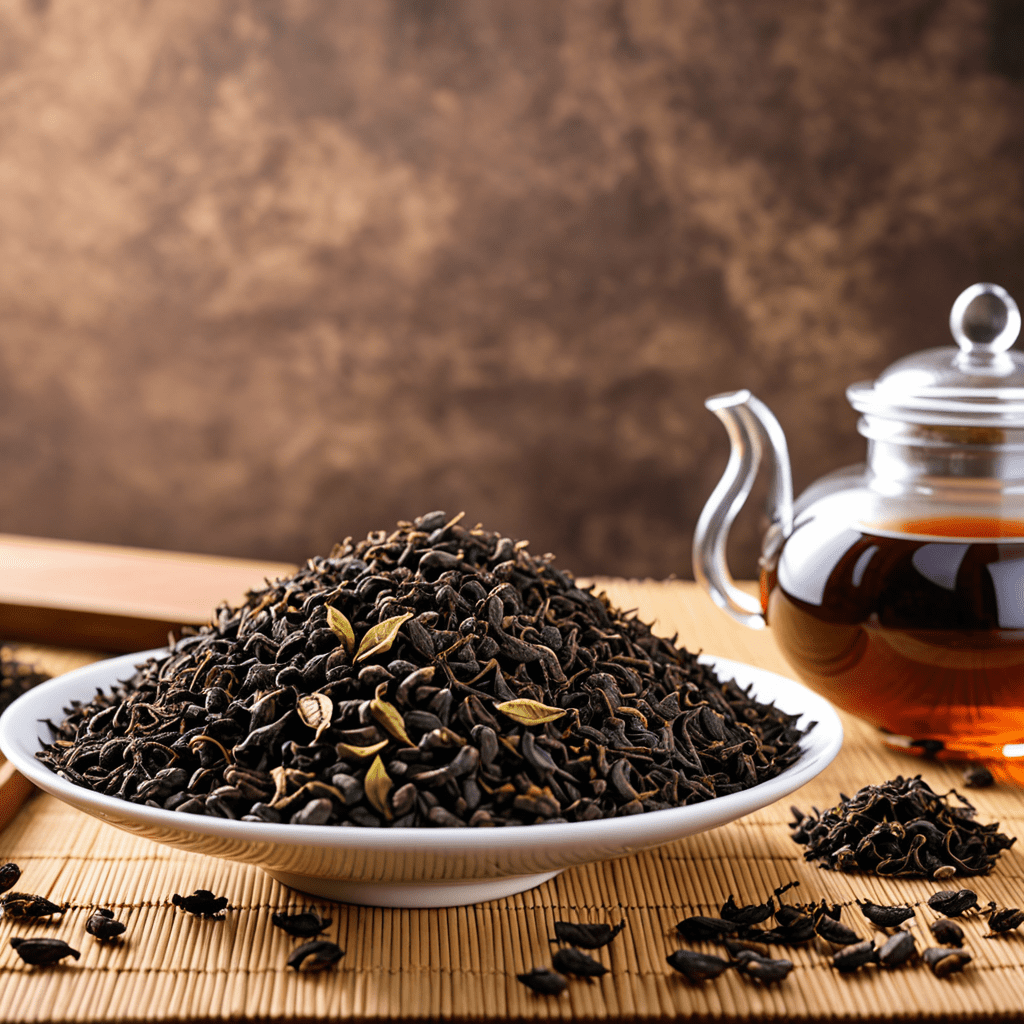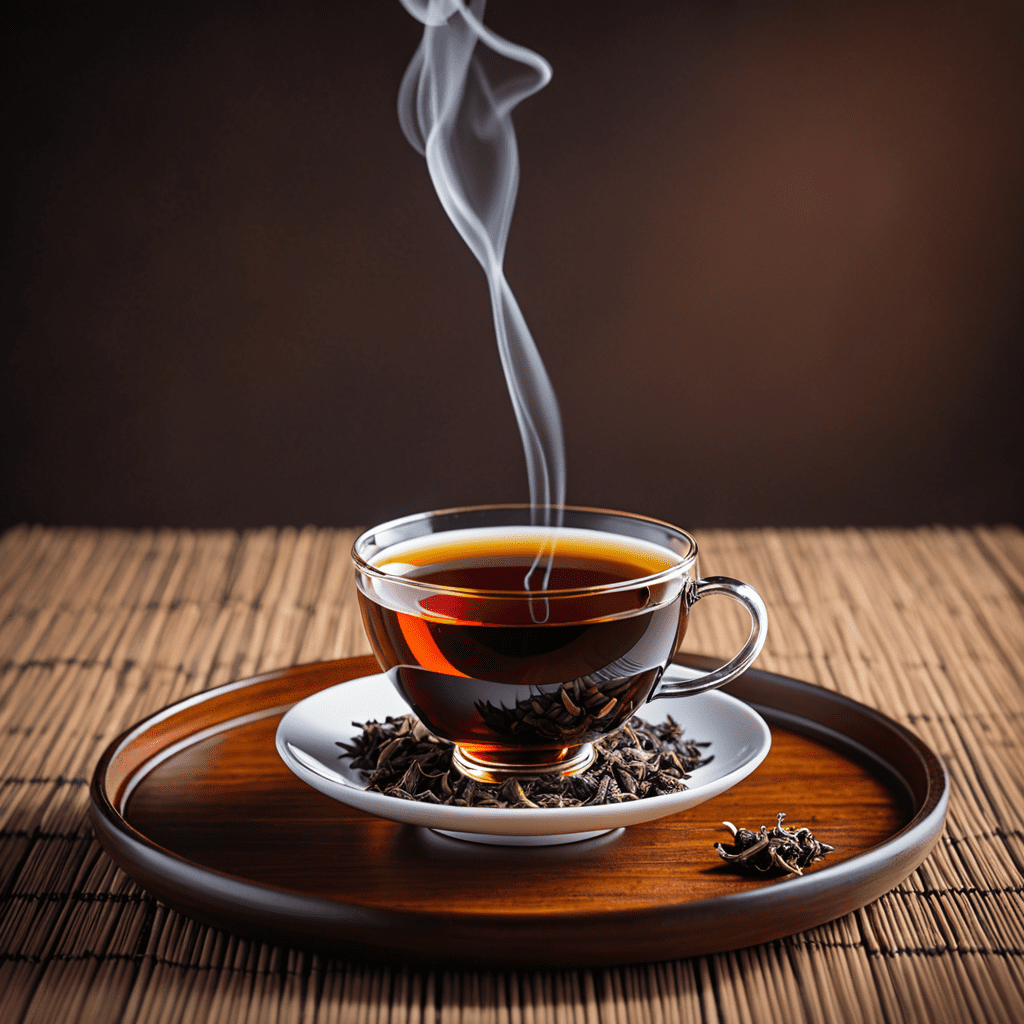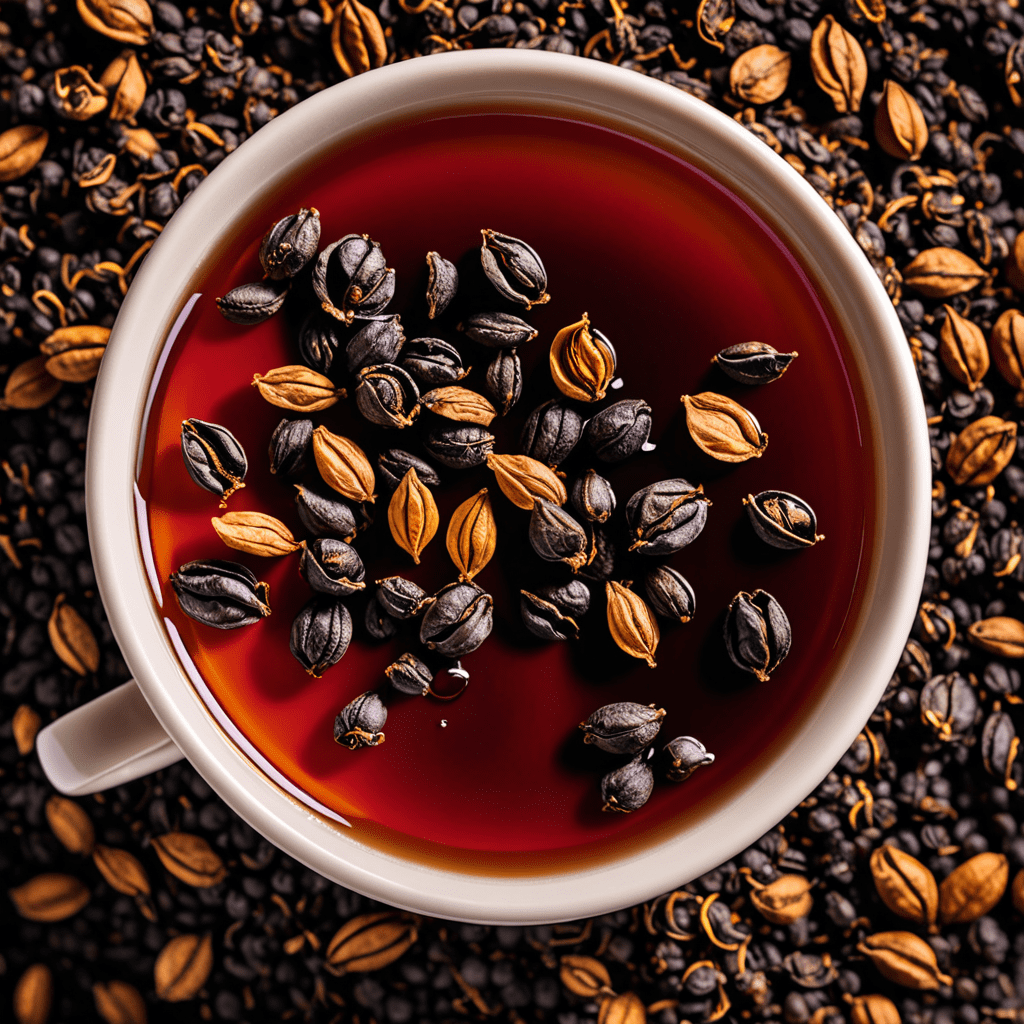
Unveiling the Bitter Truth Behind Green Tea
Green tea is a popular beverage enjoyed by many worldwide. Its health benefits, calming effects, and unique flavor have made it a staple in many cultures. However, one aspect that often surprises newcomers to green tea is its bitter taste. But why is green tea bitter? In this article, we will explore the science behind the bitterness of green tea and uncover the factors that contribute to this distinctive flavor profile.
The Chemistry of Bitterness
Bitterness in green tea can be attributed to the presence of certain compounds that are released during the brewing process. One such compound is catechins, a type of flavonoid that is abundant in green tea. Catechins are responsible for much of green tea’s health benefits, as they possess strong antioxidant properties. However, these same compounds also contribute to the bitter taste of green tea.
Another group of compounds responsible for the bitterness is theanine and caffeine. Theanine is an amino acid found primarily in tea leaves and is known for its calming effects. While theanine adds a savory umami flavor to green tea, it can also enhance the perception of bitterness.
Factors Affecting Bitterness
Several factors can influence the bitterness of green tea. Understanding these factors can help tea enthusiasts better control the taste and enjoy a more balanced cup of green tea.
Tea Quality
The quality of the tea leaves used directly affects the bitterness of green tea. Higher quality teas, such as those made from young buds and tender leaves, tend to have a milder and less bitter taste. On the other hand, lower quality teas, which may include more mature leaves or broken pieces, often exhibit a stronger bitterness.
Brewing Temperature
The temperature at which green tea is brewed plays a significant role in its bitterness. Steeping green tea in water that is too hot can release more bitter-tasting compounds, resulting in a harsh and astringent flavor. To avoid excessive bitterness, it is recommended to brew green tea at a lower temperature, around 160-180°F (70-82°C).
Steeping Time
The duration of steeping also affects the bitterness of green tea. Longer steeping times generally lead to a stronger and more bitter flavor. For a milder taste, it is advisable to steep green tea for shorter periods, typically around 2-3 minutes. Experimenting with different steeping times can help find the perfect balance between taste and bitterness.
Leaf-to-Water Ratio
Finding the right ratio of tea leaves to water can significantly impact the taste of green tea. Using too few leaves can result in a weak and bland cup, while using too many can intensify the bitterness. As a general guideline, 1-2 teaspoons of green tea leaves per 8 ounces of water is a good starting point. Adjusting the quantity based on personal preference can help achieve the desired taste profile.
Water Quality
The quality of the water used for brewing green tea can influence its taste and overall flavor. Water high in minerals or impurities may interact with the tea leaves, resulting in a more pronounced bitterness. Using filtered or spring water can help ensure a cleaner and fresher taste.
Understanding Bitterness in Green Tea
While the bitter taste of green tea may not appeal to everyone, it is important to understand that bitterness is a natural characteristic of this beverage. The compounds responsible for bitterness also contribute to the health benefits and unique flavor profile of green tea. Embracing and appreciating the bitterness can enhance the overall tea-drinking experience.
By experimenting with different brewing techniques and understanding the factors that influence bitterness, one can find a balance between taste and bitterness that suits their palate. Remember, everyone’s preferences vary, and it’s all about finding what works best for you.
Frequently Asked Questions (FAQ)
Q: Can I eliminate the bitterness from green tea completely?
A: While it is challenging to completely eliminate the bitterness from green tea, adjusting brewing parameters such as temperature, steeping time, and leaf-to-water ratio can help reduce it. Additionally, opting for high-quality tea leaves can result in a smoother and less bitter cup.
Q: Does the bitterness of green tea indicate low quality?
A: Not necessarily. While low-quality green teas can be more bitter, some people actually enjoy the bitterness as it adds complexity to the flavor. However, a balanced and well-made green tea should have a pleasant bitterness without overpowering the other flavors.
Q: Can adding sweeteners or milk reduce the bitterness of green tea?
A: Adding sweeteners like honey or sugar can counterbalance the bitterness to some extent. However, adding milk to green tea is less common and may alter the flavor profile drastically. It is recommended to taste green tea without any additives first before deciding whether to add them.
Q: Are all green teas equally bitter?
A: No, the bitterness of green tea can vary depending on the specific type, cultivar, and processing method used. Some green teas, like Japanese Gyokuro or Chinese Dragonwell, are known for their sweet and less bitter taste, while others may have a stronger bitterness.
Q: Does steeping green tea multiple times increase its bitterness?
A: Steeping green tea multiple times can actually reduce its bitterness. During the first steep, the majority of bitter compounds are released, and subsequent steeps often result in a milder and smoother flavor.
Q: Can I enjoy the health benefits of green tea without the bitterness?
A: Bitterness is an inherent part of green tea and is closely linked to its health benefits. However, by adjusting brewing parameters and exploring different green tea varieties, you can find a balance that suits your taste buds while still reaping the numerous health benefits of this ancient beverage.
In conclusion, understanding the chemistry and factors influencing the bitterness of green tea can help tea enthusiasts appreciate and enjoy this unique flavor. By fine-tuning brewing techniques and exploring different green tea varieties, one can find a balance between taste and bitterness that suits their preferences. So go ahead, savor that cup of green tea, and embrace the bitterness that makes it so special.


